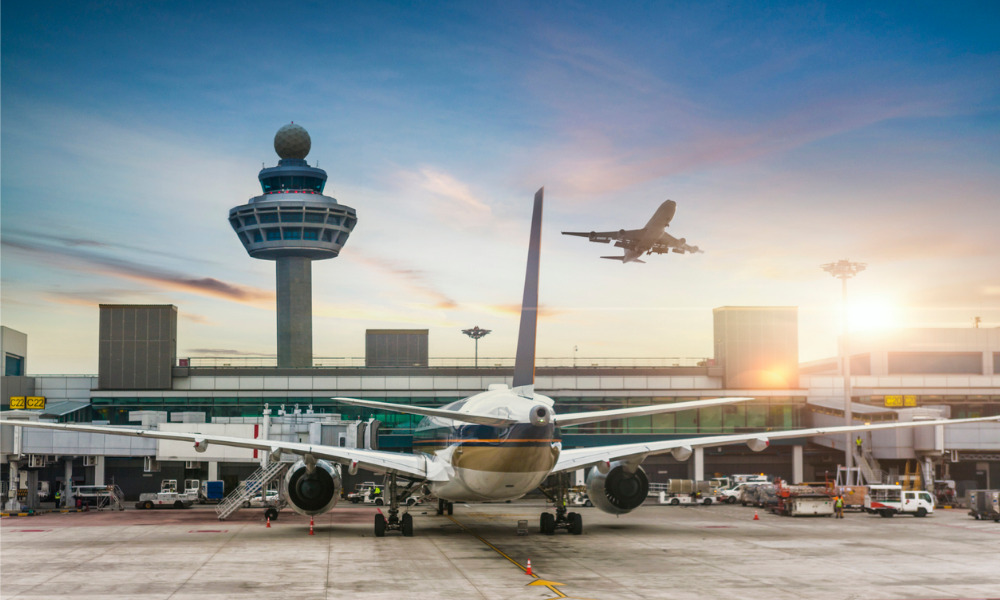
Individuals must show proof of their status before boarding the plane

Work pass holders and their dependants can look forward to travelling to Singapore once again – if they’re fully vaccinated. From this week (August 10) onwards, travellers can begin to apply for entry approval. All travellers will need to show documented proof that they’ve been fully vaccinated upon boarding the flight, as well as at Singapore’s immigrations checkpoint. “Those who are unable to produce the necessary documentation will be denied boarding or entry,” said the Ministry of Manpower (MOM).
Travellers should take note that an individual is only considered fully vaccinated in Singapore about two weeks after they’ve received two shots of Pfizer-BioNTech/Comirnaty, Moderna or World Health Organisation-approved vaccines. Those who are medically ineligible for vaccination should appeal to be exempted from the travel condition and produce a doctor’s memo before applying for entry approval.
According to the Ministry of Health (MOH), the reopening of borders will apply to individuals from high-risk COVID countries except for pass holders with recent travel history, or transit, within the last 21 days to India, Bangladesh, Nepal, Pakistan, Sri Lanka and Myanmar. These travellers will continue to be denied entry into Singapore. Entry approvals from Indonesia will also remain limited.
Read more: Singapore: Vaccinated residents may enjoy quarantine-free travel
The vaccination condition for entry will not apply to dependants aged below 12 years old, said MOM. Teenagers under 18 years old can also get into the country without being fully vaccinated. This can be done on one condition: they take their first shot within a month of arriving in Singapore and the second shot, a month later.
Here are some necessary steps to travel into Singapore:
“Failure to produce valid vaccination documents or take the required serology test may result in the suspension and revocation of work pass privileges,” said MOM. Furthermore, officials reminded that everyone will be subjected to the country’s prevailing health protocols.